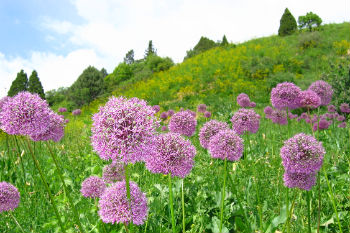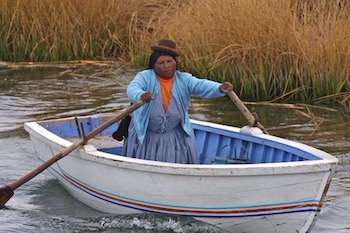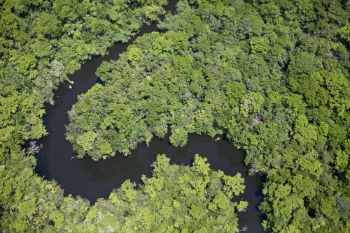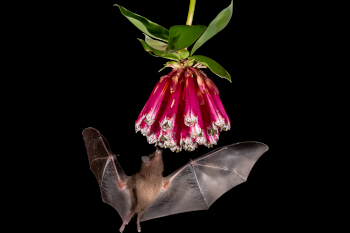Main menu
CEPF is a joint initiative of l’Agence Française de Développement, Conservation International, the European Union, Fondation Hans Wilsdorf, the Global Environment Facility, the Government of Canada, the Government of Japan and the World Bank. A fundamental goal is to ensure civil society is engaged in biodiversity conservation.
Visitez le site français コア情報の日本語翻訳を読むOr use Google Translate to translate the English site to your language:
GTranslate
Act4drin: Lessons in River Basin Conservation
06 January 2017
06 January 2017
The Drin River Basin, which connects Albania, Greece, former Yugoslav Republic of Macedonia, Kosovo and Montenegro, is an important habitat for myriad species, including the Dalmatian pelican (Pelecanus crispus), and is arguably one of the most important freshwater ecosystems in Europe. In 2014, the Mediterranean Information Office for Environment, Culture and Sustainable Development (MIO-ECSDE) began a CEPF-funded project to protect the basin, as part of CEPF’s investment in the Mediterranean Basin biodiversity hotspot.
Through the initiative Act4Drin, MIO-ECSDE aimed to both galvanize the public to take action to protect the basin and bring multiple nonprofit organizations (NGOs) together to increase their collective influence.
The project ended recently, and MIO-ECSDE not only met their initial goals, they exceeded them. Among their outputs:
- Produced three short films and a documentary capturing the wealth of habitats and species in the Drin.
- Created a booklet showcasing the efforts of NGOs in the Mediterranean.
- Developed a publication, translated into five languages, which highlights the basin’s natural wealth.
- Organized a nine-day course for 28 students from across the region, which incorporated collaborative learning on how science, policy and society intersect, as well as field work at key conservation sites.
- Celebrated “Drin Day” in 2015 and 2016 through national events.
- Held a regional workshop for NGOs on integrated water resources management and freshwater biodiversity conservation.
- Orchestrated the formation of the Act4Drin Alliance, a coalition of 13 NGOs organizations aimed at influencing policy developments.
“We have put our hearts and souls into every single activity of the project,” said MIO-ECSDE Program Officer Thomais Vlachogianni, who oversaw the project’s implementation.
She attributed Act4Drin’s success in part to the involvement and commitment of other stakeholders—everyone from environmental NGOs and local community members to hiking groups and government officials. Throughout the process, beginning at the initial planning and design phase, these groups participated in a collective journey of mutual learning. “Although a considerable amount of time and resources are needed in order to create an atmosphere of cooperation and trust, the investment definitely pays back,” Vlachogianni said. “Stakeholders are knowledge agents themselves and should be treated as such.”
When asked what advice she’d give future CEPF grantees, Vlachogianni stressed that a project’s impact can be amplified by investing time in building synergies with overlapping initiatives (e.g., the GEF Drin Project). In addition, she noted it’s important to balance field work with awareness-raising. “The creative and holistic approach towards informing local communities on the complexity and benefits of natural resources, coupled with feedback and community dialogue mechanisms, empowers them to shape their own destiny,” Vlachogianni said.
Though the project’s implementation went smoothly, there were challenges. Working with political processes or with other large-scale projects, at times, made planning interdependent actions difficult, Vlachogianni said. “The CEPF RIT’s [regional implementation team] flexibility related to making small adjustments to the work plan when needed, in terms of timing, secured a greater quality for certain deliverables,” she said. She added that the project’s timeline may have been too aggressive. “In certain moments it felt like constantly running to meet the project milestones and deadlines.”
With the CEPF-funded project completed, Vlachogianni is optimistic about building on the results and the Drin River Basin’s future. “The Act4Drin project may have come to its end, but it is leaving behind a rich and lasting legacy.”
Learn more about the CEPF-funded Act4Drin project.





